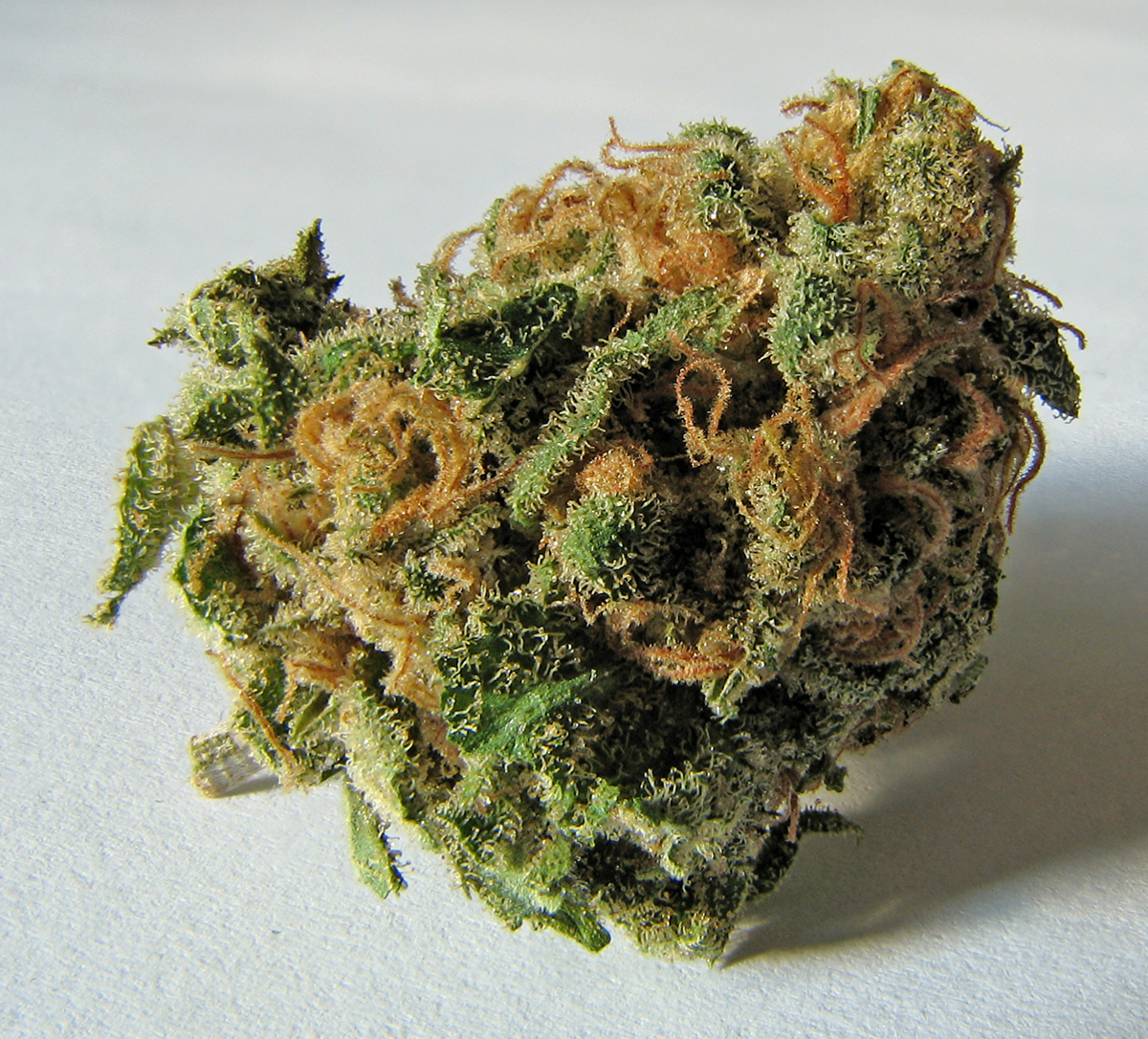
Weed is another colloquial name for the Cannabis plant, also known as marijuana. Marijuana is the most widely used illegal substance in the world. This herb is often used for recreational, religious, spiritual and medicinal purposes. About 162 million people, which is around 4% of world population, use cannabis annually. Another 22.5 million people use cannabis on a daily basis. The use of this psychoactive herb is illegal in most parts of the world, since the beginning of 20th century. Until today, some jurisdictions have lessened the penalties for holding small quantities of cannabis. More recently, the use of cannabis for medical purposes is legalized in certain communities.
Effects of weed
The consumption of weed causes different psychoactive and physiological effects. The major psychoactive chemical compound found in cannabis is known as THC. About 10 micrograms of THC per kilogram of the body mass are required to feel the effects of weed. The most common effects are the subjective change in perception, changes in the mood, increased heart rate, and lowered blood pressure but also the impairment of short-term and working memory, psychomotor coordination and mental focus.
Health benefits of weed
One of the most important health benefits of marijuana might be its property to slow down tumor growth in the lungs, breasts and brain. The general prejudice is that smoking weed causes the cancer, the same way as cigarettes, because of the inhaling smoke. However, the American Association for Cancer Research has found these opposite and beneficial effects of marijuana on cancer.
Marijuana also relaxes the muscles and has antispasmodic properties. This means marijuana can be beneficial in the treatment of seizures. In the same manner, marijuana is beneficial for persistent migraines. The same potential of marijuana is beneficial to patients suffering from multiple sclerosis. This condition is characterized by severe muscular spasms, which can be partially relieved by the regular consumption of medicinal marijuana.
One of the best documented benefits of marijuana is its beneficial effect on glaucoma. Smoking marijuana results in lower intraocular pressure hours after administration.
Marijuana also helps to treat tics of patients suffering from Tourette’s syndrome. Tourette's syndrome is an inherited neuropsychiatric disorder, that usually starts in childhood, and is characterized by various motor tics and at least one vocal tic.
The similar beneficial effect of marijuana is observed in patients with attention-deficit hyperactivity disorder. Marijuana can even be used as an alternative for commonly used drug Ritalin, without any of the unfavorable side effects. THC found in marijuana can even prevent Alzheimer’s disease and ease cramps and abdominal discomfort associated with Crohn’s disease and premenstrual syndrome.

















Your thoughts on this
Loading...